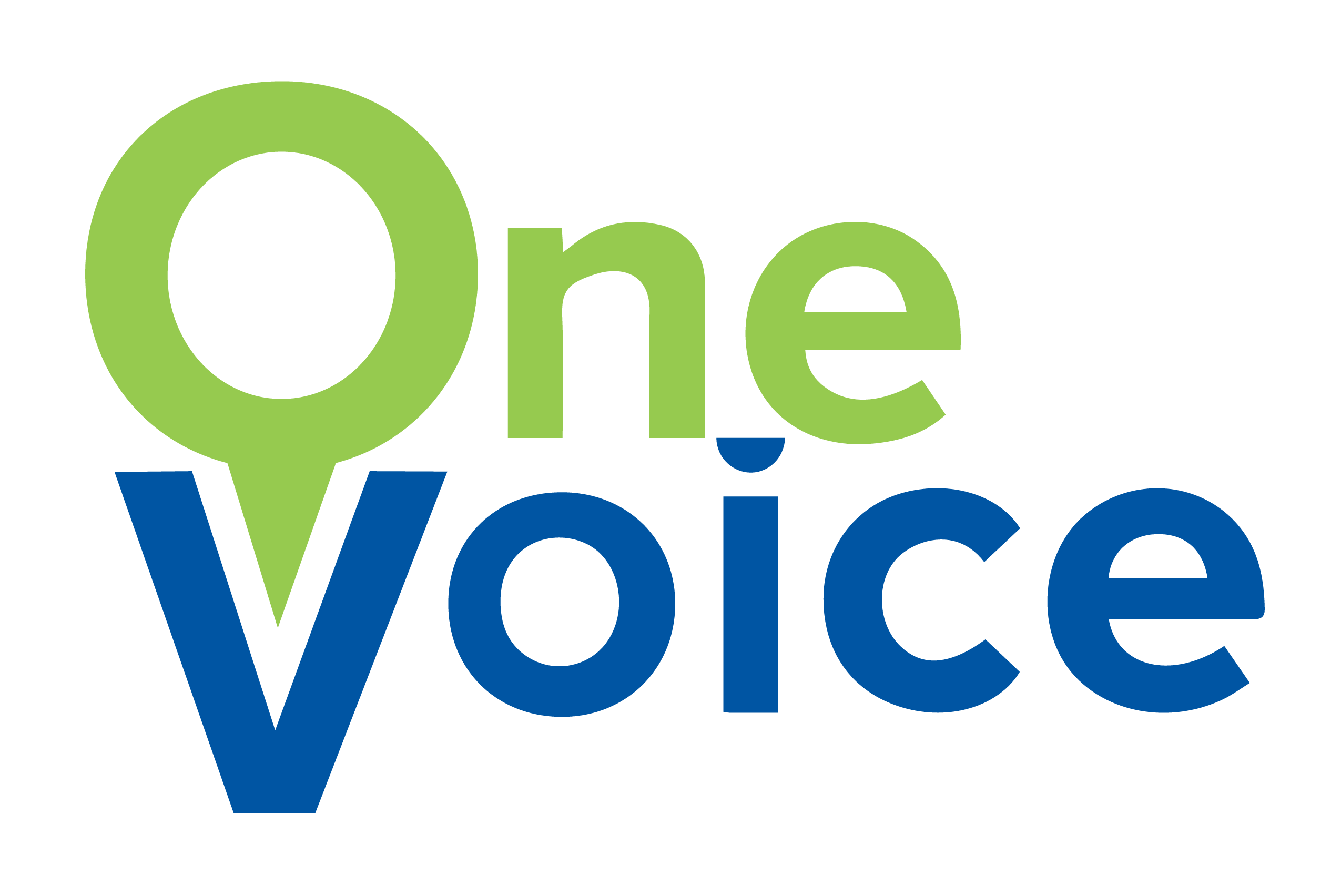Twenty-five years ago, we used paper maps when we traveled to unfamiliar places, dialed up on computers to check our emails, and went to the bank or called to check our account balances. Now, we have access to all of this information in the palms of our hands. Smartphones provide us with so much information that to be without it can seem crippling.
Smartphones are just the beginning. Broadband is needed to connect computers, laptops, smartphones, and tablets to the internet, allowing us to receive and view information in countless ways. But it goes so much further than social media and streaming music. Dig deeper, and you’ll realize that broadband is used for more than just the internet and how we communicate.
“Broadband is connected to everything,” said Deeneaus Polk, Executive Director and founder of 3LEVATE, recently on a panel at the One Voice Summit, including Kiyadh Burt, Director of Policy at Hope Credit Union, and Samirah Abunemeh, Research Analyst Mississippi Center for Justice.
Broadband connects us to everything from traffic lights to access to telehealth and banking. The list goes on, especially regarding workforce and economic community development. Our communities need to be discussing broadband and the need for equity around it to secure a bright future for Black and Brown communities. Keywords include Access, Affordability, and Availability. We should all be asking our broadband providers to supply fast, fiber connections directly wired to our homes because the funds have been given to do so.
The $1.2 billion awarded to Mississippi by President Joe Biden is being evaluated for disbursement by Broadband Expansion and Accessibility of Mississippi (BEAM). However, BEAM has struggled to reach communities in the Mississippi Delta, predominantly rural areas, and highly populated Black and brown areas. Many communities with broadband needs are underrepresented in their maps.
BEAM’s inadequacies are scary for the future of Mississippi, especially marginalized communities. Over the past five to 10 years, the state has received $800 million toward increasing broadband, and it’s unclear how these funds were used. Now that BEAM is in control, a central aspect of its job is to distribute the funds adequately, but communities that need it most are still being left out. The communities with the most representation seem to be those that are reaching out to BEAM directly.
“What we are finding in our work is that (how they are determining where to disperse the funds) isn’t very inclusive at all,” Polk said. “We’re seeing a public utility be created before our eyes today. It’s just as important as water, just as important as electricity. How do we ensure all of our local communities have an opportunity to not only participate in what we’re seeing right now, with the deployment of funds but especially to look forward into the future? If we aren’t cognizant of what’s going on right now, it’s going to pass us by.”
The advancement of technology and the desperation of COVID have exacerbated the need for broadband and high-quality access. The new normal after the pandemic has made working and virtual and online classes from home a regular occurrence. The need for broadband in Mississippi has made it impossible for many residents to work and students to succeed in their classes. This is more than an inconvenience to the communities that suffer the most.
Abunemeh has observed studies that show rural communities, low-income communities, and communities of color disproportionately lack broadband access. This means broadband technology is needed, or it needs to be more affordable.
“We saw this most clearly with education,” Abunemeh said. During the pandemic, “families could not virtually learn from their homes. They had to travel miles away to a parking lot at a business or to a family member’s home just to maintain some kind of connection, and even if that didn’t work, they had to get paper resources from the school. Despite their best efforts, their education suffered. They weren’t able to maintain a proper education.”
Burt mentioned that Mississippi’s method of increasing broadband is interesting because they are letting the internet service providers (ISPs) to deploy the funds. In other states, like Louisiana and Arkansas, they’re working with the municipalities and the counties first, asking them for their help to get marketing feasibility studies and determine the community’s needs. They bring in the ISPs later to build out based on the information collected.
“If we don’t get this right, it’s not just going to be about not having access to affordable internet,” Burt said. “We’re going to be left behind year after year if we don’t get this thing right on the first go around. This is not just us being technical. This is the future of Mississippi.

Our mission is to ensure an equal voice for traditionally silenced communities. When One Voice’s work is done, we envision a Mississippi with a healthy vibrant thriving neighborhoods, schools, economy, and most importantly families.
123 Main Street
New York, NY 10001
One Vision. One Village. One Voice